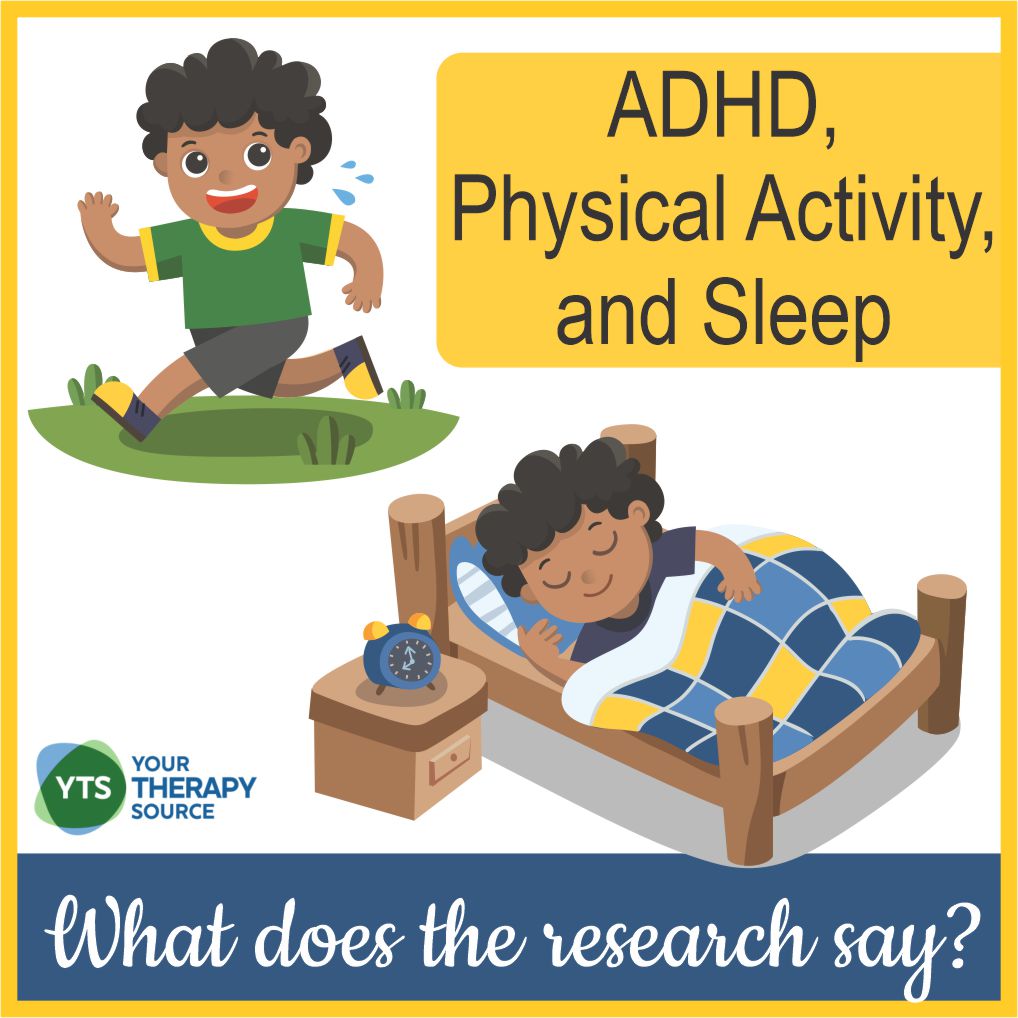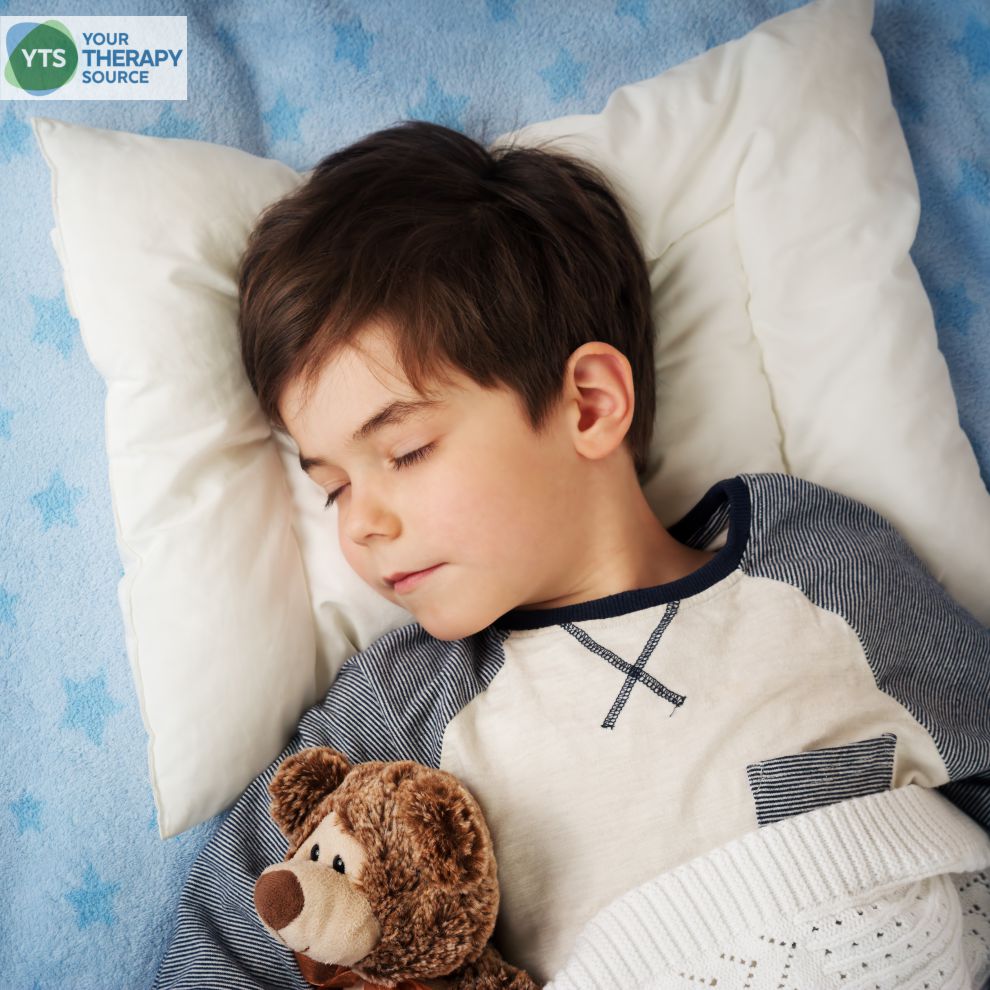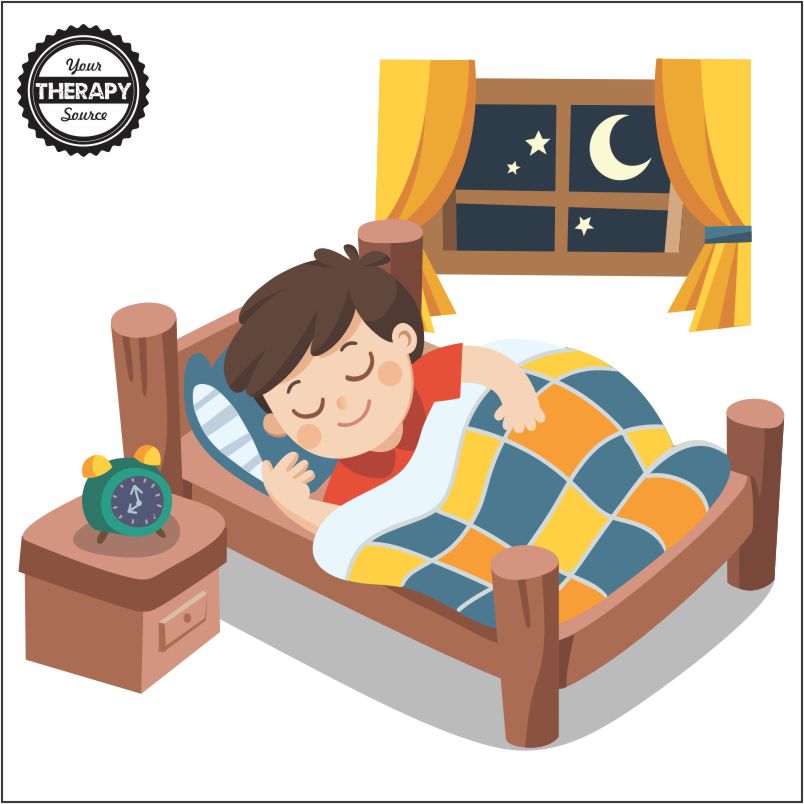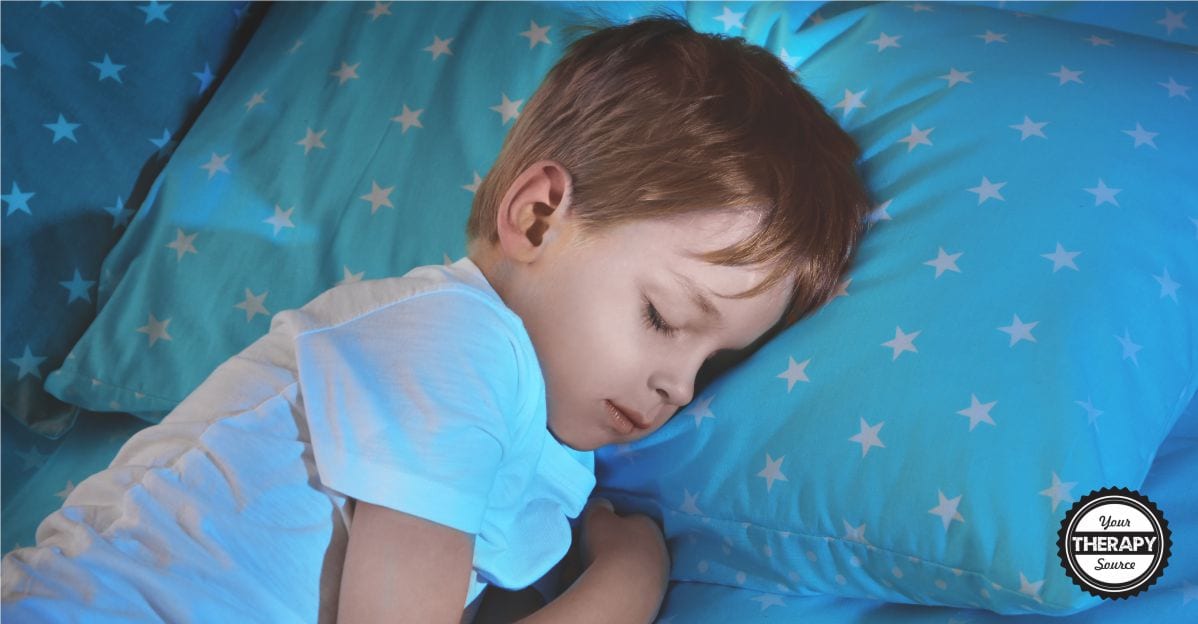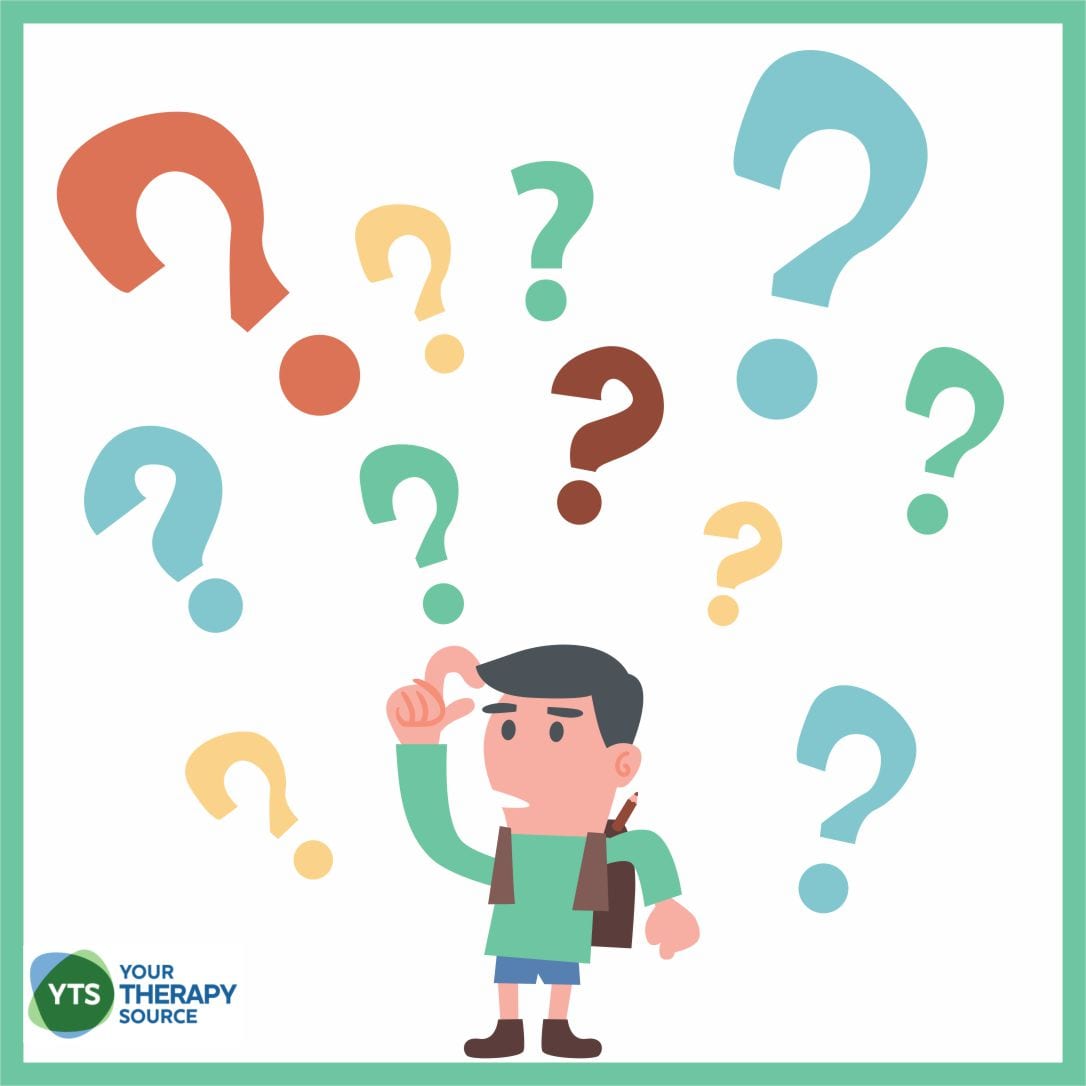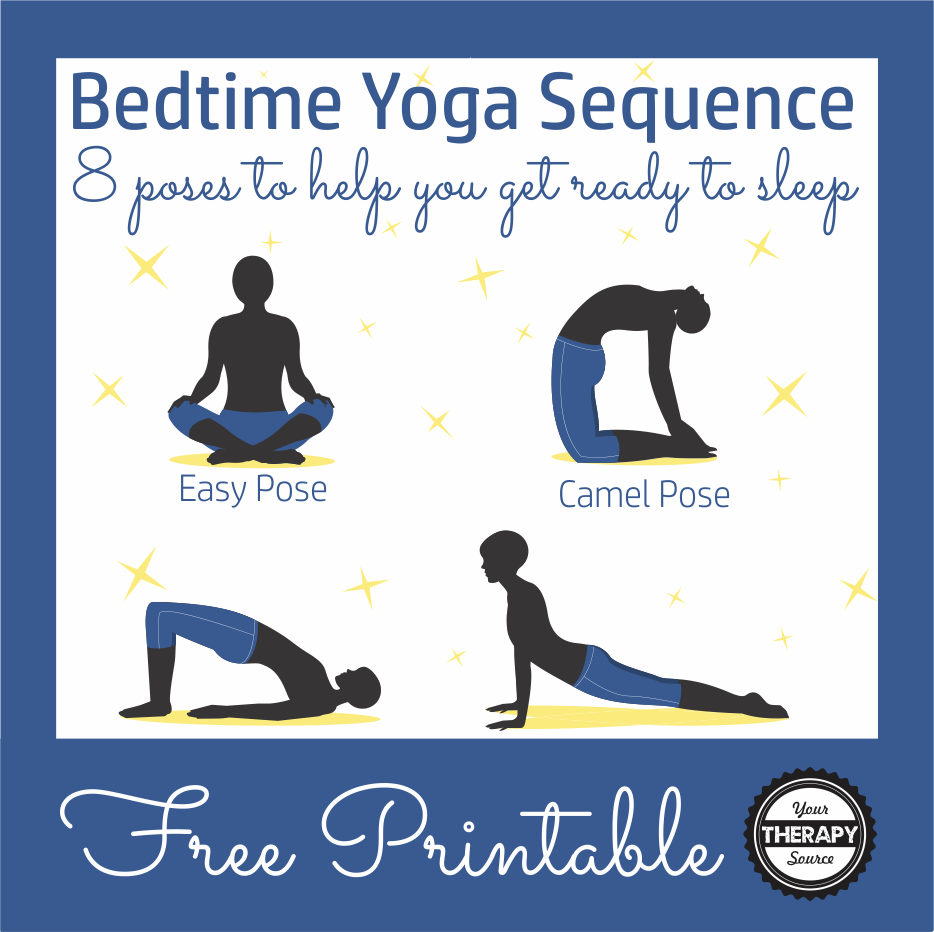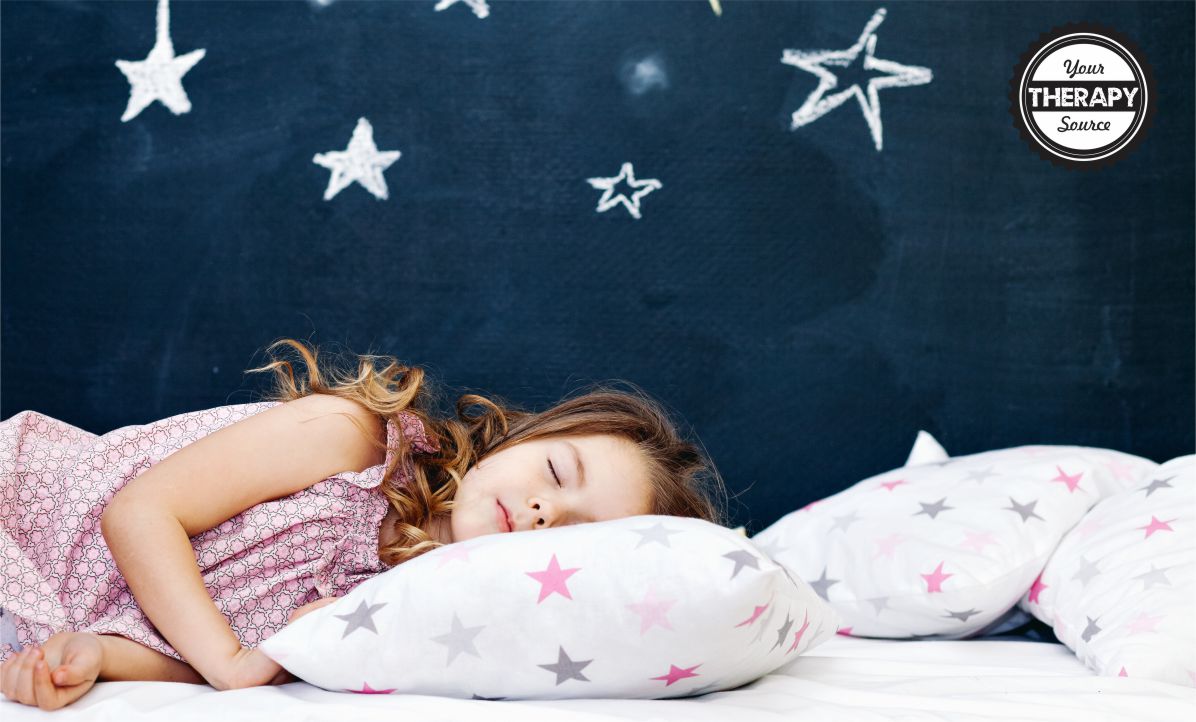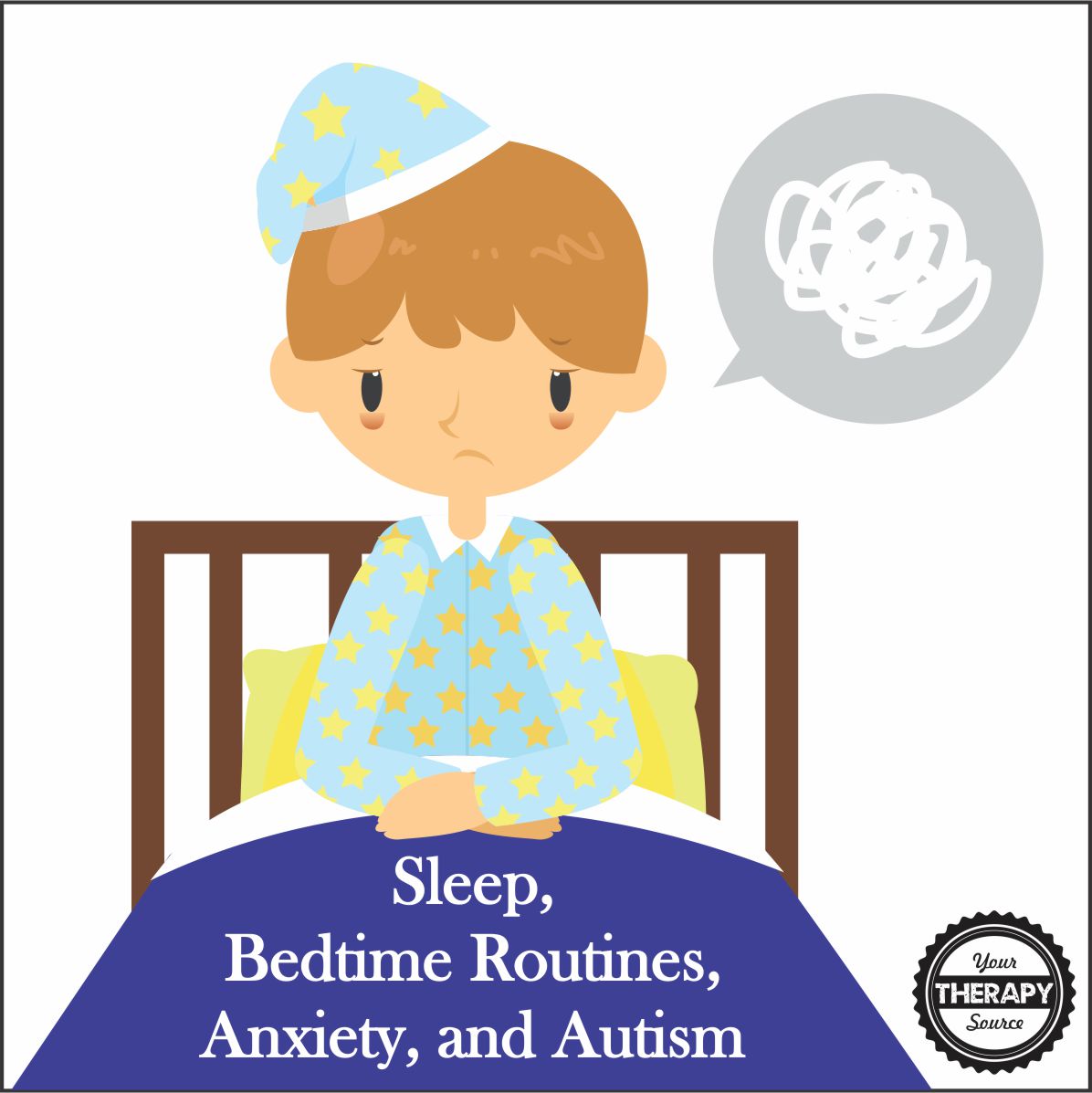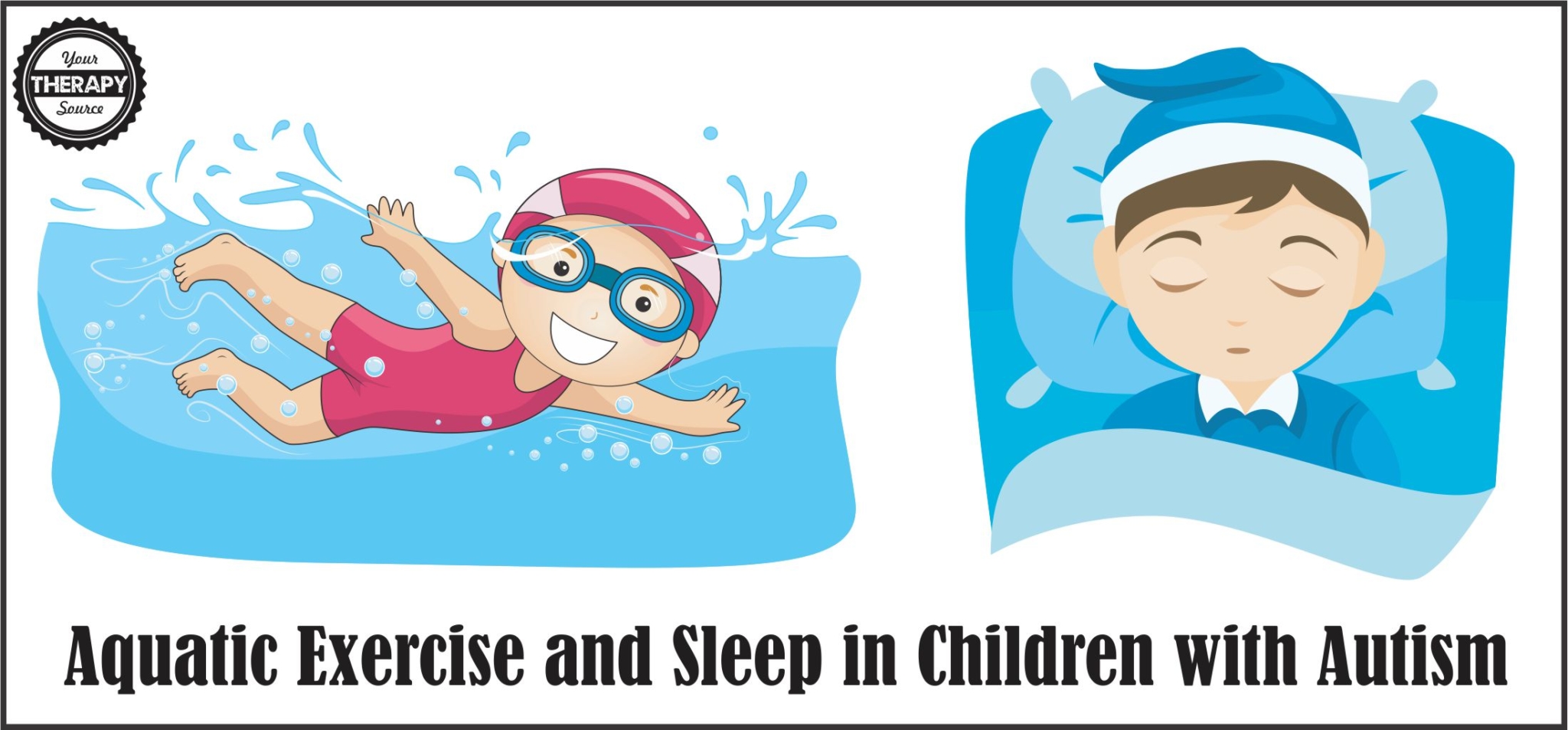Unlock Better Sleep for ADHD Kids: Discover the Power of Physical Activity
Attention Deficit Hyperactivity Disorder (ADHD), one of the most commonly diagnosed neurodevelopmental disorders in children and young adolescents, is characterized by inattentiveness, hyperactivity, and impulsivity. These core symptoms, often misunderstood as laziness, irresponsibility, or uncooperativeness, can persist into adulthood, leading to lower self-esteem, diminished quality of life, sleep disturbances, and slower learning progress. Sleep problems […]

